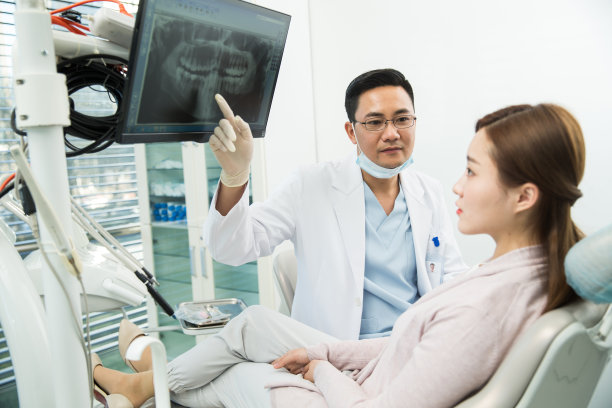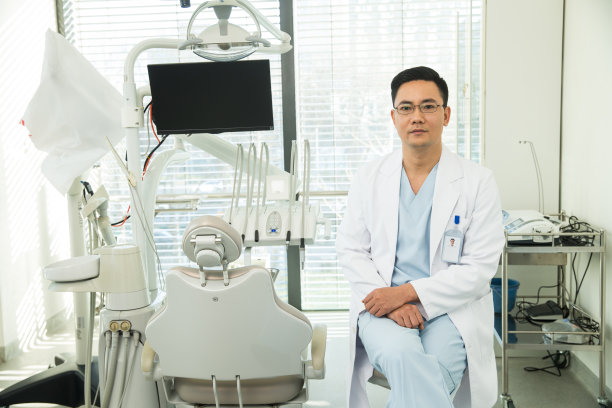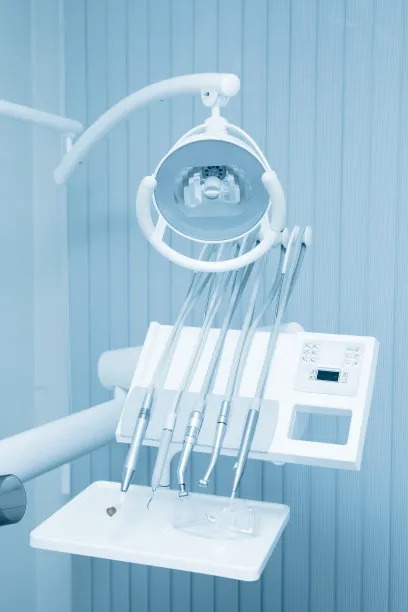Summary: Caring for your teeth before and after a tooth extraction is crucial for maintaining optimal oral health. This article explores the significance of pre- and post-extraction dental care, highlighting the importance of professional guidance, oral hygiene practices, dietary considerations, and regular follow-up appointments. By focusing on these key aspects, individuals can promote healing, minimize complications, and enhance overall dental health. Through careful management, not only is the extraction process more straightforward, but the long-term effects on the dental structure and hygiene can also be positively impacted.
1. Importance of Professional Guidance Pre-Extraction

Before undergoing a tooth extraction, consulting a dental professional is essential. They can evaluate your oral condition and determine whether extraction is necessary. Engaging a dentist ensures that the procedure is justified and provides an opportunity to discuss alternatives, if available. A well-informed decision lays a solid foundation for effective treatment.
Moreover, a dental professional can outline the extraction process. Understanding what to expect helps in alleviating anxiety associated with the procedure. The dentist can offer insights on any required pre-operative preparations, such as possible medication, which can help ensure a smooth experience during the extraction.
Finally, a dentist may recommend preliminary treatments, such as cleaning or addressing existing infections, which can aid in reducing postoperative complications. Informed by a professional, these preventative measures contribute to optimal oral health before the extraction even takes place.
2. Best Practices for Oral Hygiene Post-Extraction
After a tooth extraction, maintaining proper oral hygiene becomes even more important. Initially, patients should follow guidelines provided by their dentist. These guidelines usually involve avoiding vigorous rinsing and spitting to allow the blood clot to form and stabilize. Additionally, the use of a soft toothbrush is recommended to keep the surrounding areas clean without disturbing the extraction site.
As healing progresses, incorporating gentle rinsing with saltwater can aid in preventing infection. This simple solution helps in cleansing the mouth while promoting healing through its antiseptic properties. Regular brushing and flossing in areas not affected by the extraction are still necessary to maintain overall oral health.
It’s crucial to avoid specific oral hygiene products that could irritate the extraction site. Alcohol-based mouthwashes, for example, should be avoided during the initial healing phase. Monitoring the extraction site and maintaining a cautious oral care routine will facilitate better recovery and minimize complications.
3. Dietary Considerations for Optimal Healing
Diet plays a significant role in recovery after a tooth extraction. Immediately following the procedure, patients should opt for soft foods that require minimal chewing. Foods such as yogurt, mashed potatoes, and smoothies provide the necessary nutrients without putting pressure on the extraction site.
It is equally important to stay hydrated. Drinking plenty of fluids not only helps in maintaining overall health but also supports the healing process. However, individuals should avoid using straws, as the suction can dislodge the blood clot crucial for recovery.
As the healing progresses, gradually reintroducing solid foods is advisable, while still avoiding hard or crunchy items that could disrupt the healing area. Balancing nutrition during this recovery phase can significantly influence one’s overall well-being and contribute to faster healing.
4. The Necessity of Follow-Up Appointments
Follow-up appointments are an often-overlooked aspect of post-extraction care. These visits are crucial for ensuring proper healing and identifying any complications early. Dentists can perform necessary checks to ensure that the extraction site is healing correctly and that there are no signs of infection.
Additionally, follow-up appointments offer opportunities for professional cleaning and advice tailored to the healing process. The dentist can provide personalized tips and adjustments to the daily routine that optimize oral care during recovery.
Moreover, these appointments can lead to discussions about future dental health strategies. Implementing long-term oral care habits following an extraction can benefit overall dental health and prevent possible issues in the future, so staying engaged with dental care is essential.
Summary:
In conclusion, caring for your teeth before and after an extraction is vital in promoting optimal oral health. Engaging a dental professional, maintaining rigorous oral hygiene, adhering to dietary guidelines, and attending follow-up appointments are all key components of this process. These practices not only ensure a smooth recovery but also foster long-term dental health, minimizing future complications.
This article is compiled by Vickong Dental and the content is for reference only.
Vickong Dental
Vickong Dental is a large medical group established in Hong Kong in 2008 by professors from well-known medical universities in Guangdong and Hong Kong, as well as medical doctors from key national '985' universities (including Master's supervisors and senior professors). The chain of branches brings together expert dentists with PhDs and Master's degrees from Hong Kong and Mainland China, committed to providing high-quality dental treatment.
"Vickong Dental Practices the University Motto of 'Healing and Serving Society,' with a Stable Operation for Sixteen Years. It Has Been honored with Hong Kong Enterprise Leaders's Choice,' and is a Global Trusted Implant Center for the Nobel Implant System. Recommended by Hong Kong Metro Broadcast and Guangdong Television, it Serves Customers from Over Thirty Countries and Regions, Gaining the Trust and Favor of Citizens from the Guangdong-Hong Kong-Macau Greater Bay Area and Surrounding Cities.

Thousands of customers' unanimous praise
The most recognized and highly recommended dental service by customers in the Guangdong-Hong Kong-Macau Greater Bay Area
We Ensure You Receive Detailed Care and Attention Here
Hong Kong standards, Shenzhen prices, Your Trusted English-speaking dentists

Vickong Dental Medical-Grade Instrument Disinfection Process
Vickong Dental Medical-Grade Instrument Disinfection Process

Vickong Dental Chain: A Warm and Comfortable Environment for Treatment






Appointment Hours

Q&A
Why choose Vickong Dental?
Vickong Dental practices the university motto 「Medicine to Benefit Society」, with each branch bringing together highly qualified dentists with doctoral and master’s degrees from Hong Kong and the Mainland, and has maintained seventeen years of steady operation。Recipient of 「2024 Hong Kong Enterprise Leaders Brand」, 「2025 Hong Kong Enterprise Leaders Brand」, a Nobel Biocare Global Trusted Implant Center, and a brand recommended by Metro Radio Hong Kong and Guangdong TV。
To date, we have served customers from more than thirty countries and regions,earning exceptionally high word-of-mouth recognition and trusted recommendations from residents across the Guangdong-Hong Kong-Macao Greater Bay Area and surrounding cities
We have eight major branches in Zhuhai、Shenzhen,and a consultation and service assurance center in Hong Kong,so you can book a free consultation at any time for any questions,which is very reassuring.
If I do not accept the quotation after the CT scan, will I be charged??
No! As long as the actual treatment has not started, you will not be charged any fees.
Will there be any additional charges during the treatment process?
No, there won’t be any additional charges. Before treatment begins, we will clearly explain the treatment plan and its corresponding fees. Only after the patient agrees and signs the consent form will we proceed with the dental service.
Can I pay in Hong Kong dollars?
Yes. Vickong Dental accepts payment in Hong Kong dollars. The amount will be converted based on the exchange rate of the day, and the applicable rate will be clearly communicated to you in advance.
Can I reschedule my appointment at any time?
Yes. Please contact us via **WeChat** or **WhatsApp** as early as possible, providing your original appointment time and details, along with your preferred new date and time slot for rescheduling.













